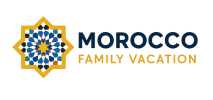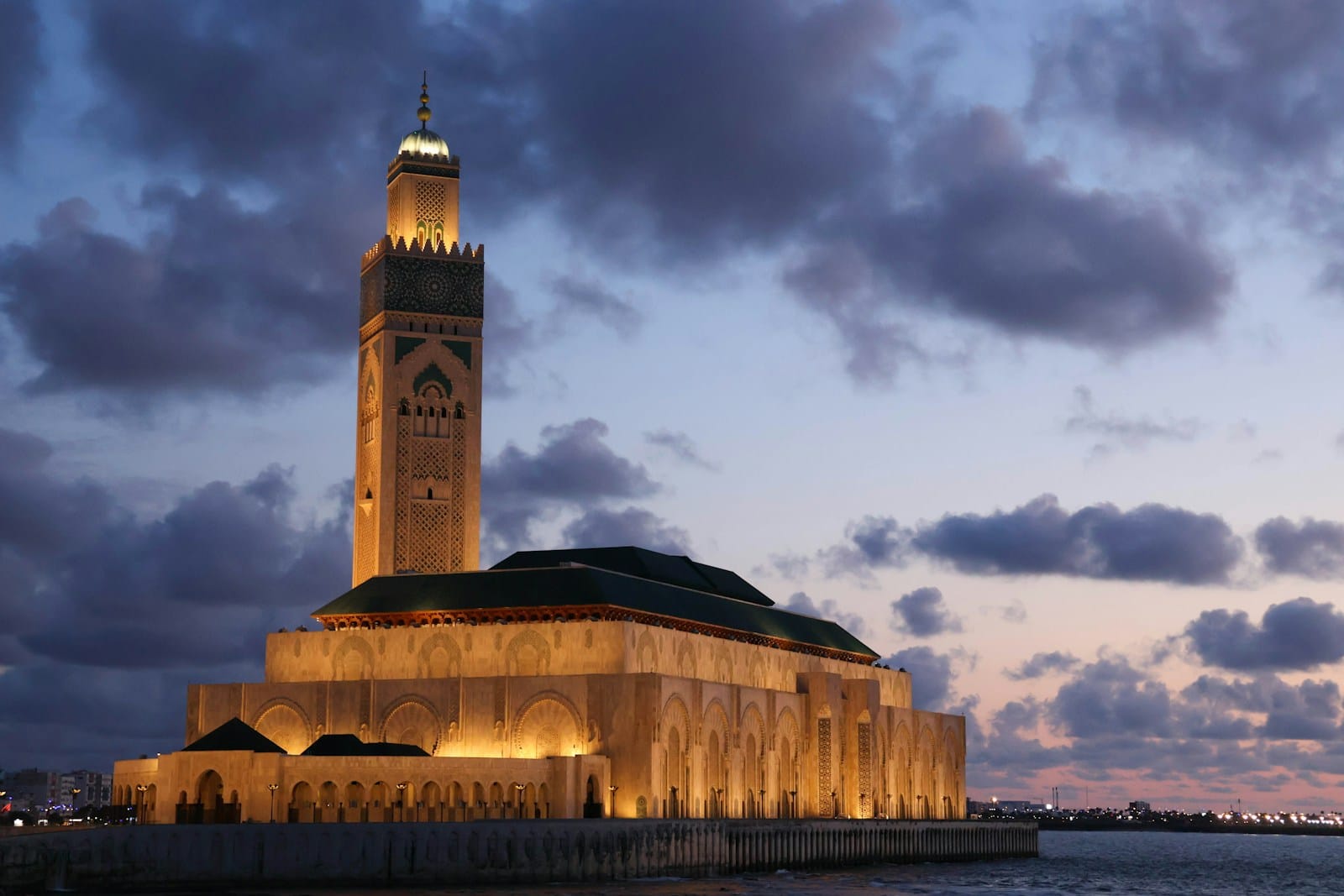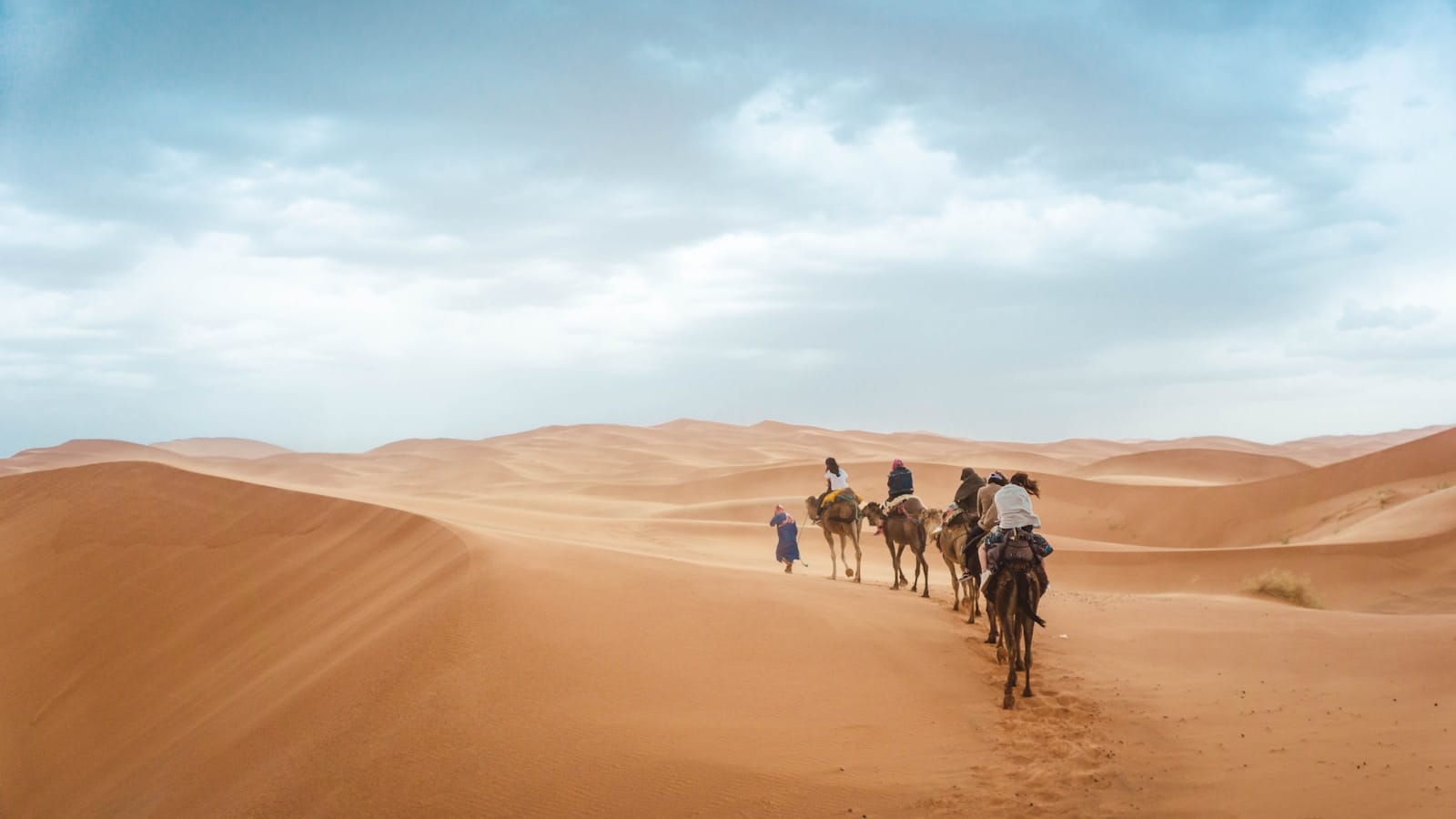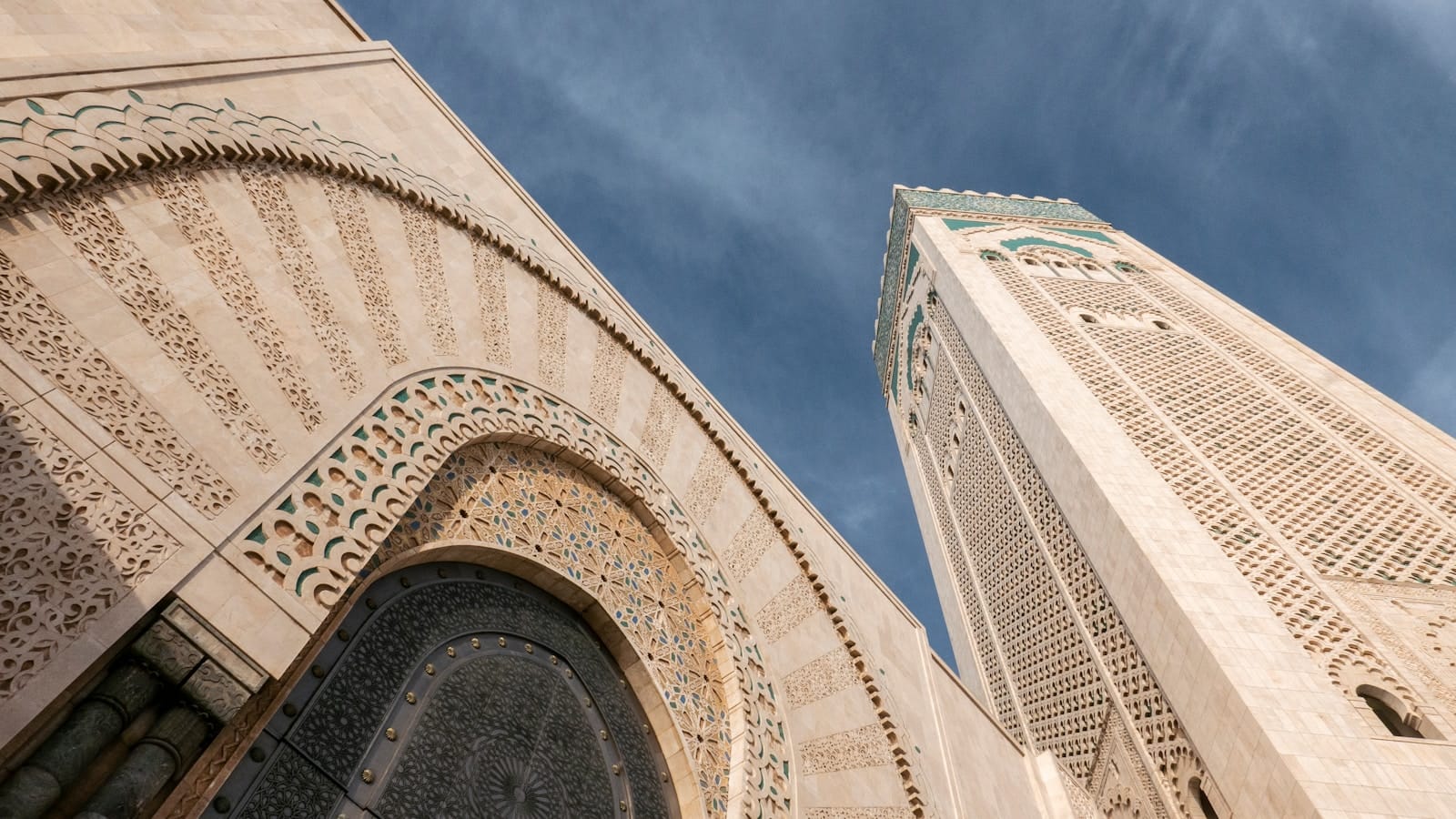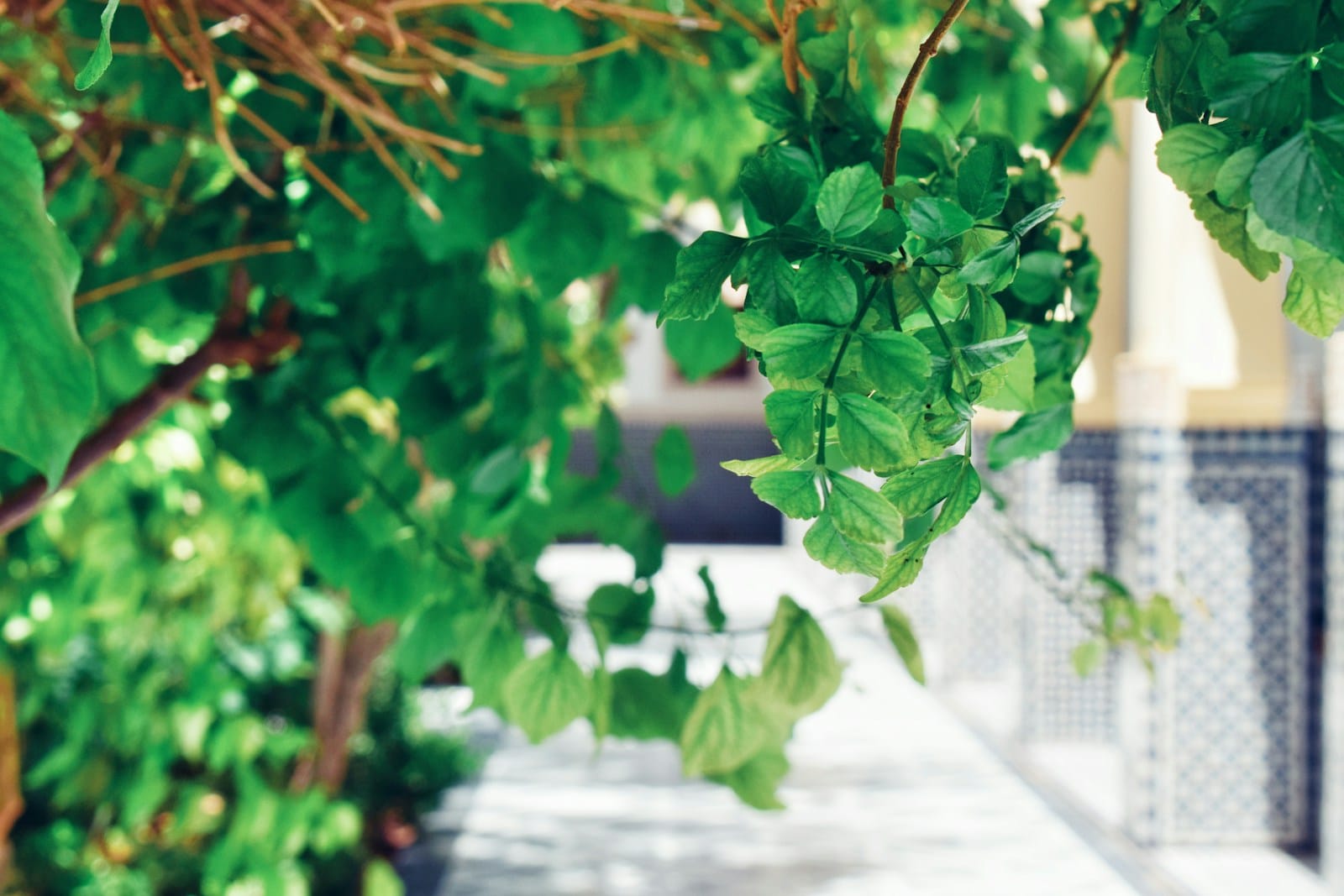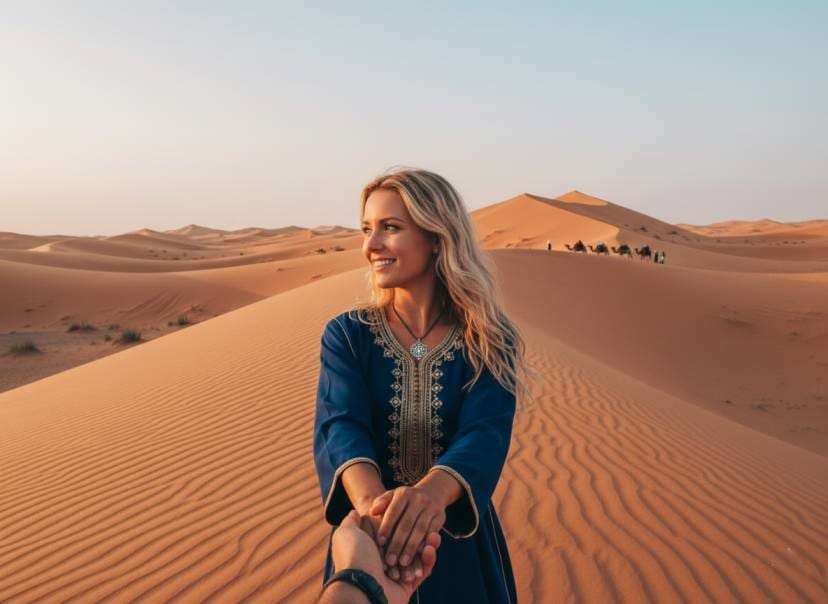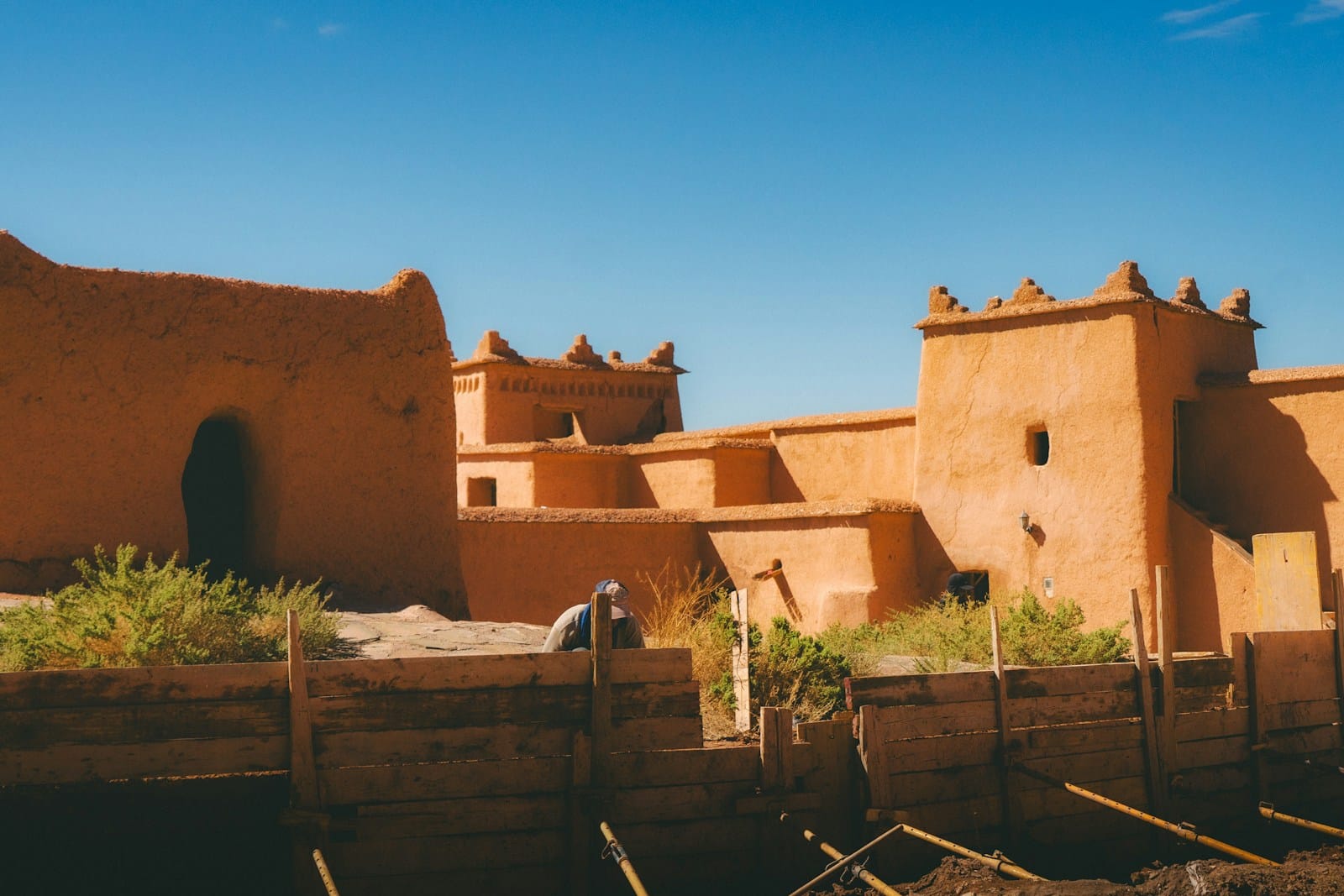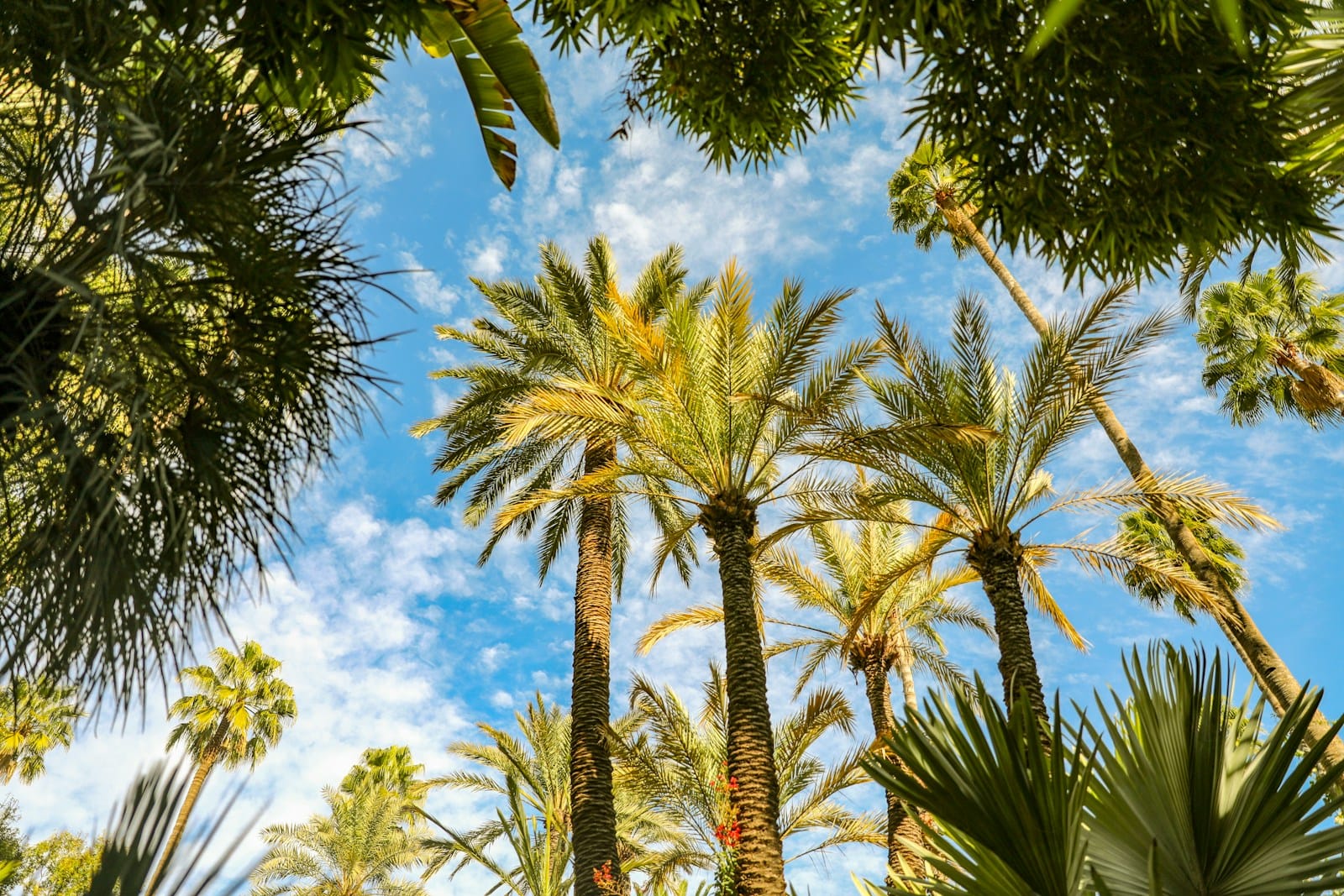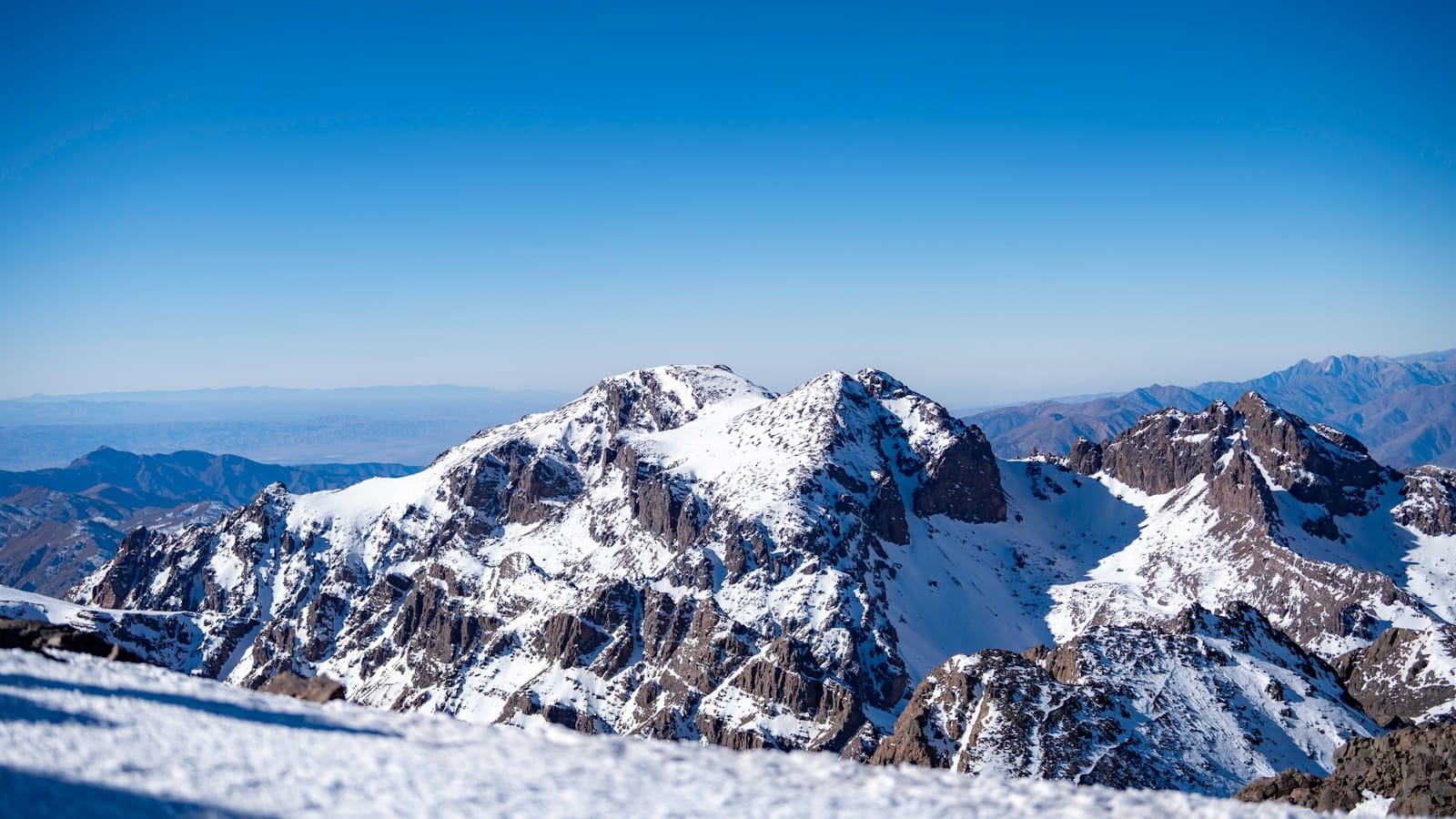Alcohol in Morocco- What You Need to Know
Drinking in Morocco: Laws, Limits, and Local Insights
Morocco and Alcohol: Facts Every Visitor Should Know
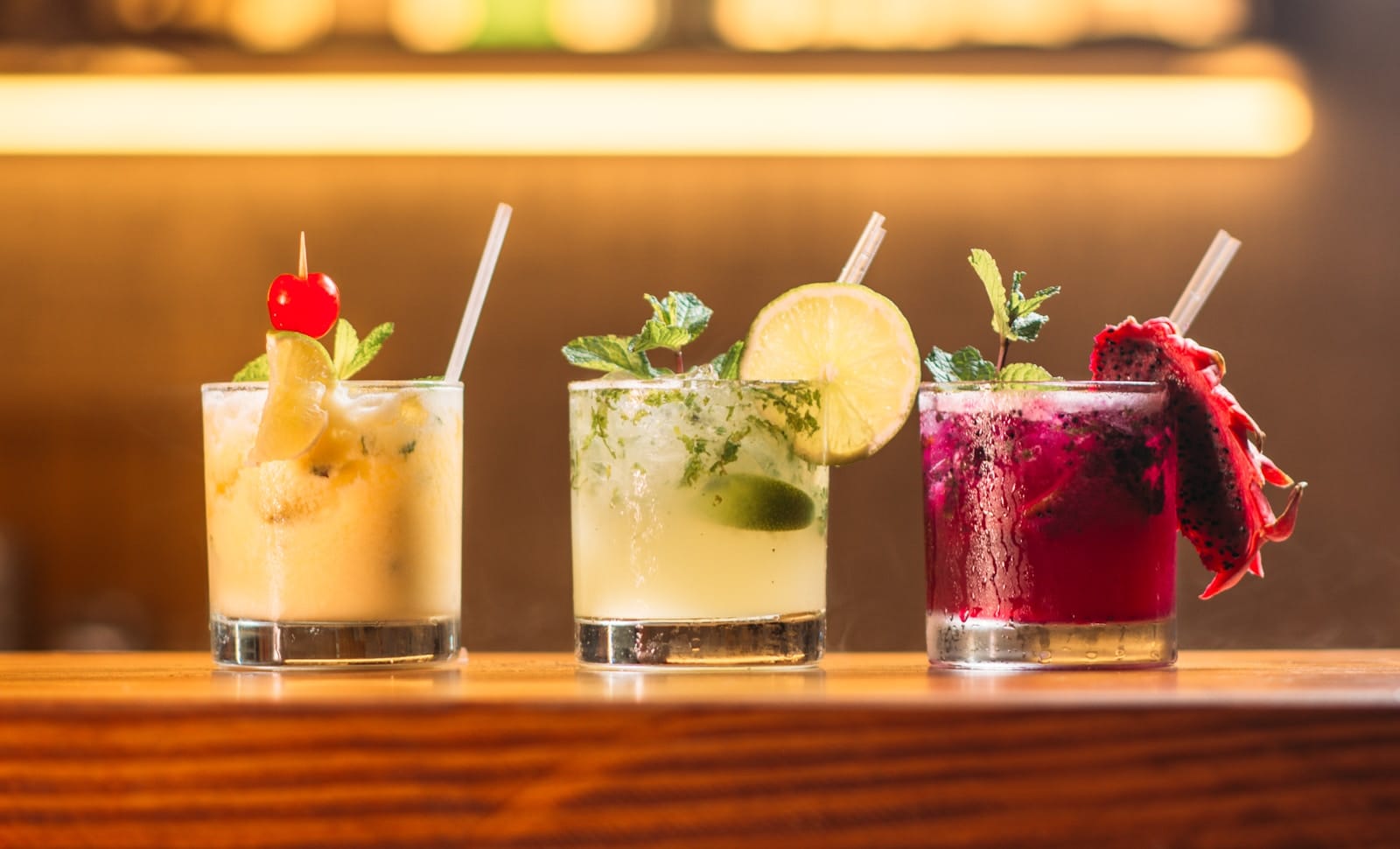
Planning a trip to Morocco and wondering about the alcohol situation? You’re not alone. Many travelers feel confused about Morocco’s relationship with alcohol, especially since it’s a predominantly Muslim country where drinking laws can seem unclear.
This guide is for tourists, expats, and anyone curious about how alcohol works in Morocco. We’ll break down the country’s complex cultural and legal relationship with drinking, show you exactly where you can legally buy alcohol, and help you understand what to expect as a visitor. You’ll also discover the regional differences that make some cities more alcohol-friendly than others.
Understanding Morocco’s Complex Relationship with Alcohol
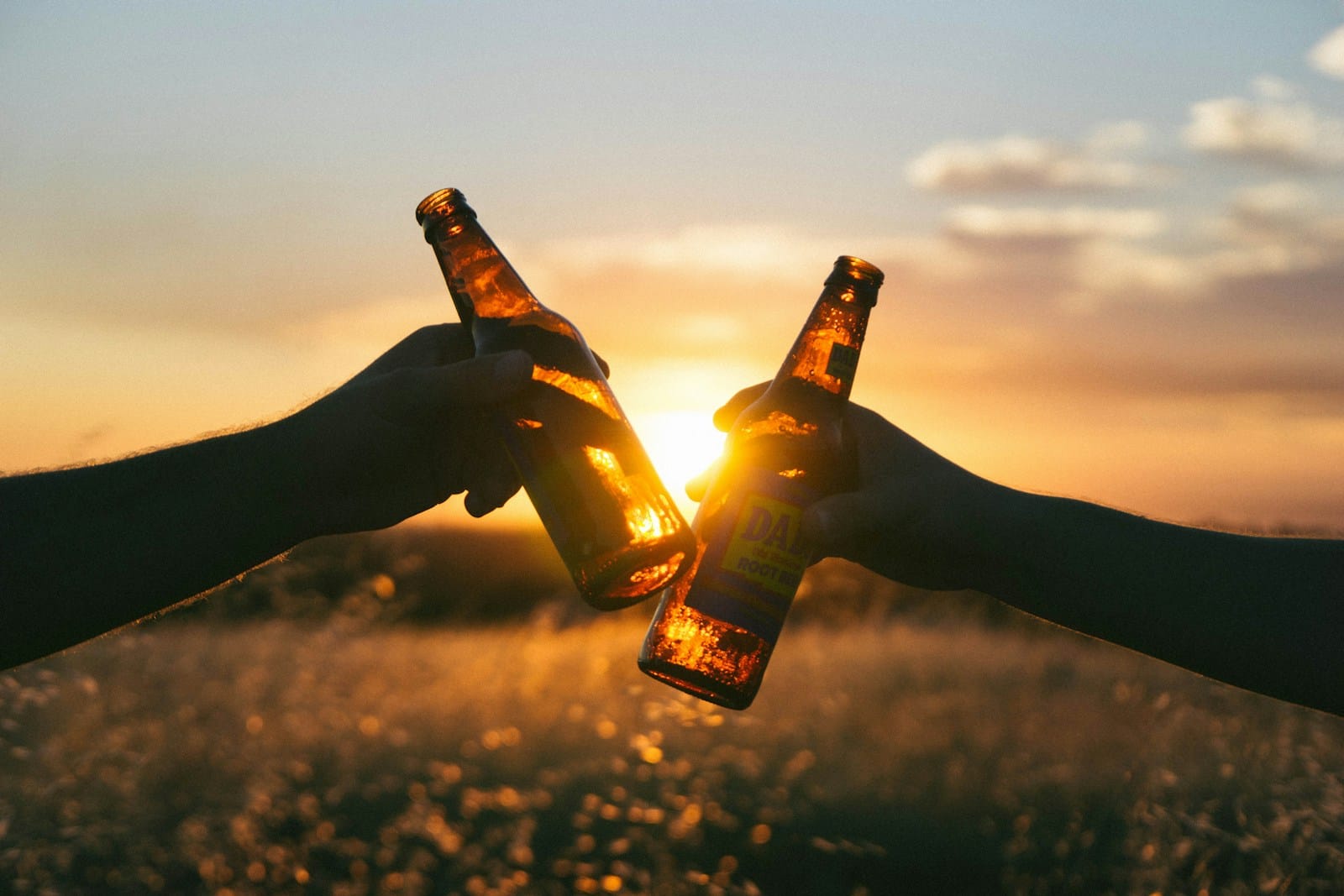
Historical Influence of Islamic Traditions on Alcohol Consumption
Morocco’s relationship with alcohol in Morocco begins with the arrival of Islam in the 7th century. The Quran explicitly prohibits alcohol consumption, and this religious foundation has shaped Moroccan society for over a millennium. Traditional Islamic teachings view alcohol as haram (forbidden), creating a cultural backdrop where abstinence became the norm for the Muslim majority.
The influence runs deeper than religious law. Islamic principles emphasize community well-being and personal discipline, making alcohol consumption not just a personal choice but a social one. Traditional Moroccan families often view alcohol as incompatible with Islamic values, creating generational expectations around abstinence. This religious framework established the groundwork for modern Morocco’s complex legal and social attitudes toward alcohol.
French Colonial Impact on Drinking Culture
The French Protectorate (1912–1956) introduced a dramatic shift in alcohol in Morocco, transforming the country’s drinking culture and infrastructure. French colonial administrators and settlers brought European drinking customs, establishing vineyards, breweries, and a commercial alcohol network that had never existed under Islamic rule.
French influence created a dual society where alcohol in Morocco became associated with modernity and European sophistication among certain urban populations. The colonial period saw the construction of bars, nightclubs, and wine-making facilities, particularly around Casablanca and Rabat. This period normalized alcohol consumption among Morocco’s educated elite and created lasting commercial relationships with French wine and spirit producers.
The colonial legacy remains visible today. Many of Morocco’s current alcohol in Morocco laws and distribution systems trace back to French administrative structures, creating a framework that accommodates both Islamic traditions and European commercial practices.
Modern Legal Framework Governing Alcohol Sales and Consumption
Today’s alcohol in Morocco operates under a carefully balanced legal system. The Moroccan government maintains a monopoly on alcohol production and importation through state-controlled entities, primarily the Société des Boissons du Maroc (SBM). This system allows legal alcohol sales while maintaining government oversight.
Key legal parameters include:
Licensed retailers only: Alcohol sales restricted to government-approved stores and hotels
No public consumption: Drinking alcohol in public spaces remains illegal
Tourist accommodations: Hotels and restaurants serving foreigners receive special permits
Import restrictions: Strict controls on alcohol imports and pricing
The legal framework walks a delicate line between respecting Islamic values and accommodating economic realities, including tourism revenue and international business relationships.
Social Attitudes Toward Alcohol Among Different Demographics
Social attitudes toward alcohol in Morocco vary dramatically across different groups. Urban educated professionals, particularly those with international exposure, tend to have more liberal attitudes toward alcohol consumption. These demographics often view alcohol in Morocco as a personal choice rather than a moral failing.
Rural and traditional communities maintain stricter attitudes, where alcohol consumption can affect family honor and social standing. Religious conservatives across all demographics oppose alcohol consumption entirely, viewing it as incompatible with Moroccan identity.
Generational differences create additional complexity. Younger Moroccans, especially in cities like Casablanca and Marrakech, show more acceptance of moderate alcohol consumption, while older generations remain largely opposed. Gender plays a significant role too alcohol consumption among women faces greater social scrutiny than among men, regardless of religious or social background.
The tourism industry has created pockets of acceptance in major tourist destinations, where locals working in hospitality develop more pragmatic attitudes toward alcohol in Morocco service and consumptio
Where to Buy Alcohol in Morocco Legally?
Licensed Hotels and International Chains
Major hotels in Morocco provide the most reliable access to alcoholic beverages. Five-star establishments like La Mamounia in Marrakech, Royal Mansour, and international chains including Hilton, Marriott, and Hyatt maintain fully stocked bars and restaurants. These venues operate under special licenses that allow them to serve alcohol to both guests and non-guests, making them popular gathering spots for both tourists and locals.
Hotel bars typically offer extensive wine lists featuring Moroccan vintages alongside imported options. Prices run higher than you’d find in Europe or North America, reflecting import taxes and limited competition. Most luxury hotels also feature poolside bars and rooftop lounges where you can enjoy cocktails with spectacular views of the Atlas Mountains or historic medinas.
Tourist-Designated Bars and Restaurants
Certain bars and restaurants in tourist areas hold licenses specifically for serving alcohol in Morocco. You’ll find these establishments concentrated in neighborhoods like Gueliz in Marrakech, the Ville Nouvelle in Fez, and along the Corniche in Casablanca. Popular spots include Rick’s Café in Casablanca, which recreates the famous movie setting, and various rooftop terraces overlooking the medinas.
These venues must display their alcohol licenses prominently and often cater to international clientele with familiar cocktails, imported beers, and wine selections. Many also serve food, as Moroccan regulations typically require establishments serving alcohol to offer meals as well.
Specialized Alcohol Shops in Major Cities
Licensed alcohol retailers operate in Morocco’s larger cities, though they maintain a low profile. In Casablanca, shops near the Mohammed V Avenue area stock wine, beer, and spirits. Marrakech has several locations in the Gueliz district, while Rabat and Fez offer options in their modern quarters.
These shops typically feature:
Moroccan wines from regions like Meknes and Benslimane
Imported European wines and champagnes
International beer brands alongside local options like Casablanca Beer
Limited selection of spirits and liqueurs
Store hours vary, and many close during Ramadan or reduce their operating schedules during religious holidays.
Duty-Free Purchases at Airports
Morocco’s international airports offer duty-free shopping with competitive alcohol prices. Mohammed V Airport in Casablanca features the largest selection, followed by Marrakech Menara and Rabat-Salé airports. You can purchase up to one liter of spirits and two liters of wine per person when departing or arriving from international destinations.
Airport duty-free shops stock premium brands at prices lower than hotel bars or city retailers, making them attractive for visitors planning extended stays or those wanting to sample Moroccan wines before leaving the country.
Navigating Alcohol Consumption as a Tourist
Respecting Local Customs and Religious Sensitivities
Morocco operates as an Islamic nation where alcohol consumption carries deep cultural and religious significance. While tourists can legally consume alcohol in Morocco, public intoxication and disrespectful drinking behavior can create uncomfortable situations with locals and potentially lead to problems with authorities.
Avoid drinking in public spaces outside designated tourist areas, hotels, or licensed establishments. Many Moroccans abstain from alcohol completely due to religious beliefs, so consuming beverages openly in traditional neighborhoods or near mosques shows cultural insensitivity. During Ramadan, exercise extra caution as even tourists should avoid drinking in public during daylight hours out of respect for those fasting. This cultural awareness is especially important for visitors who wish to enjoy alcohol in Morocco responsibly.
Keep alcohol purchases discrete when shopping, and avoid consuming drinks on beaches, parks, or streets where families gather. Tourist zones like Marrakech’s Gueliz district or Casablanca’s modern areas offer more relaxed atmospheres, but discretion remains key everywhere when it comes to alcohol in Morocco.
Safe Drinking Practices in Tourist Areas
Tourist-focused establishments typically maintain higher safety standards for alcohol service, but staying vigilant protects your health and travel experience. Stick to reputable hotels, restaurants, and licensed bars that cater to international visitors rather than seeking out questionable venues.
Popular tourist cities like Marrakech, Fez, and Casablanca offer numerous safe options:
Hotel bars and restaurants: Usually the safest choice with proper storage and handling
Licensed tourist restaurants: Often display permits and maintain international standards
Upscale nightclubs: Typically found in modern districts with proper licensing
International hotel chains: Maintain consistent quality control measures
Watch your drinks carefully and never accept opened beverages from strangers. Tourist areas can attract individuals looking to take advantage of visitors, so maintain the same caution you would exercise in any unfamiliar destination.
Understanding Price Differences and Quality Expectations
Alcohol in Morocco comes with significant price variations depending on location and establishment type. Tourist-oriented venues charge premium rates, often 2-3 times higher than European prices, while local establishments may offer more reasonable costs.
| Venue Type | Price Range | Quality Level |
|---|---|---|
| Luxury hotels | Very High | Premium brands |
| Tourist restaurants | High | International standards |
| Licensed cafes | Moderate | Local and imported mix |
| Supermarkets | Lower | Basic selection |
Imported spirits and wines carry hefty taxes, making them expensive throughout the country. Local beer brands like Casablanca and Flag offer decent quality at lower prices compared to international options. Wine selection varies dramatically – some establishments stock excellent French and Spanish wines while others offer limited, overpriced selections.
Budget travelers should purchase alcohol from licensed supermarkets when possible, as restaurant markups can strain travel budgets significantly. However, always verify that establishments actually allow outside alcohol consumption before assuming you can bring purchases inside.
Ready to Start Your Morocco Journey?
Visit the iconic locations where Christopher Nolan’s The Odyssey (2026) was filmed! Book your trip today with our expert planners, enjoy personalized itineraries and travel needs, and claim 30% off as a first-time visitor!
Avoiding Illegal Alcohol Purchases and Their Consequences
Purchasing alcohol from unlicensed vendors creates serious legal and health risks that can ruin your Moroccan experience. Black market alcohol often contains dangerous substances, improper storage conditions, or counterfeit labeling that poses severe health threats.
Street vendors, unofficial shops, or individuals offering “cheap alcohol” typically operate outside legal frameworks. These purchases can result in:
Legal consequences: Fines, detention, or deportation for tourists
Health risks: Methanol poisoning, contamination, or spoiled products
Financial loss: Confiscation with no recourse for recovery
Safety concerns: Involvement with criminal networks
Police regularly monitor alcohol sales and can request purchase receipts from licensed establishments. Carrying alcohol without proper documentation or purchasing from unauthorized sources provides grounds for legal action. Some regions enforce stricter controls than others, but violations carry consequences nationwide.
Always verify that sellers display proper licensing before making purchases. Licensed establishments typically show permits prominently and provide official receipts. When uncertain about vendor legitimacy, choose alternative options rather than risking legal complications that could impact your entire trip.
Regional Variations in Alcohol Availability
Avoiding Illegal Alcohol Purchases and Their Consequences
Morocco’s economic capitals offer the most liberal attitudes toward alcohol consumption in the country. Casablanca, as the commercial hub, boasts numerous upscale bars, nightclubs, and restaurants where alcohol flows freely among the business elite and expatriate community. The Ain Diab coastal district particularly shines with its trendy beach clubs and rooftop lounges serving everything from local Flag beer to premium international spirits.
Rabat, being the political capital, maintains a sophisticated drinking culture centered around diplomatic quarters and affluent neighborhoods. Hotel bars like those in the Sofitel and Four Seasons cater to government officials and international visitors, while trendy spots in Agdal and Hay Riad attract young professionals. Both cities feature well-stocked liquor stores and supermarkets where alcohol in Morocco can be purchased without hassle.
Tourist Hotspots Like Marrakech and Agadir
Marrakech presents an interesting paradox – while deeply traditional, it accommodates tourists’ drinking preferences remarkably well. The medina’s riads often serve alcohol discreetly to guests, while Gueliz district openly houses bars and nightclubs. Popular venues like Sky Bar and Theatro offer full alcohol menus, though prices remain steep due to high taxes.
Agadir takes a more relaxed approach, with its beach resort atmosphere supporting numerous bars and clubs along the waterfront. The city’s tourism-dependent economy has created an environment where alcohol availability rivals Mediterranean destinations. Resort hotels offer all-inclusive packages with unlimited drinks, making it a favorite among European tourists seeking familiar comforts.
Conservative Areas Where Alcohol Is Strictly Limited
Rural regions and religiously conservative cities maintain stricter controls on alcohol sales and consumption. Fez, despite its tourist appeal, has fewer drinking establishments compared to coastal cities. The old medina particularly frowns upon alcohol consumption, though some upscale restaurants in Ville Nouvelle quietly serve wine to international visitors.
Meknes and smaller Atlas Mountain towns often have limited or no alcohol availability. Local authorities in these areas may refuse licenses for new establishments, and existing venues operate under careful scrutiny. Travelers should research beforehand and stock up in larger cities when planning extended stays in these regions.
Coastal Cities Versus Inland Mountain Regions
The geographical divide clearly impacts alcohol accessibility across Morocco. Coastal cities like Tangier, Essaouira, and El Jadida benefit from tourism revenue and more cosmopolitan attitudes, resulting in better alcohol availability. These cities often feature beachside bars and seafood restaurants with extensive wine lists featuring both Moroccan and imported bottles.
Inland mountain regions, including parts of the High Atlas and Middle Atlas, maintain traditional values that discourage alcohol consumption. Towns like Ifrane and Azrou have limited options, mainly restricted to upscale hotels catering to tourists. The Berber communities in these areas generally abstain from alcohol, and local businesses respect these cultural preferences by not prominently advertising alcoholic beverages.
Need Help with Transportation in Morocco?
Book a reliable private driver for your Morocco family adventure today – personalized routes designed just for you, and get 30% off as a first-time visitor!
Local Alcoholic Beverages and International Options
Morocco has been producing wine since Roman times, and today the country boasts several notable wineries that create surprisingly good vintages. The two main wine regions are Meknès-Fès in the north and the coastal areas around Casablanca. Domaine de la Zouina, Château Roslane, and Les Celliers de Meknès are among the most respected producers, crafting reds, whites, and rosés that compete well with Mediterranean wines.
Moroccan reds typically feature Cabernet Sauvignon, Merlot, and Syrah grapes, producing full-bodied wines with good structure. The whites, often made from Chardonnay and Sauvignon Blanc, tend to be crisp and refreshing – perfect for the warm climate. Quality has improved dramatically over the past two decades, with modern winemaking techniques and French expertise helping local producers create wines that win international awards.
Most Moroccan wines are surprisingly affordable, ranging from 80-200 dirhams ($8-20 USD) per bottle for quality options. The wine culture is growing among urban Moroccans and expats, with wine bars and tastings becoming more common in major cities. Visitors often discover that local wines pair beautifully with Moroccan cuisine, especially tagines and grilled meats.
Imported beer and spirits availability
International alcohol brands are widely available throughout Morocco, particularly in tourist areas and major cities. Popular beer brands like Heineken, Stella Artois, and Corona stock the shelves of most alcohol retailers, alongside local options like Flag Spéciale and Casablanca Beer.
Spirits selection varies by location and retailer size. Carrefour and Marjane supermarkets typically carry extensive selections including Johnny Walker, Grey Goose, Bacardi, and Absolut vodka. Wine shops in upscale neighborhoods often stock premium brands and single-malt whiskies. French wines dominate the import market, reflecting historical ties, but Spanish, Italian, and New World wines are increasingly available.
Licensing requirements mean that not all stores can sell alcohol, so imported options concentrate in specific retailers. Tourist hotels and resorts maintain well-stocked bars with international brands, while local bars in cities like Marrakech and Casablanca offer impressive cocktail menus featuring imported spirits.
The selection tends to be better in coastal cities and tourist destinations compared to inland areas. Rabat, Casablanca, and Marrakech offer the widest variety, while smaller towns might only stock basic imported beers and popular spirit brands.
Pricing comparison between local and international brands
The price gap between local and imported alcohol in Morocco is significant, making domestic options attractive for budget-conscious consumers. Here’s a typical price comparison:
| Product Type | Local Brand Price | International Brand Price |
|---|---|---|
| Beer (bottle) | 15-25 MAD | 25-40 MAD |
| Wine (bottle) | 80-200 MAD | 150-400 MAD |
| Spirits (750ml) | 200-350 MAD | 400-800 MAD |
Local beers like Flag and Casablanca cost about 40% less than imported equivalents. Flag Spéciale, Morocco’s most popular beer, sells for around 20 dirhams compared to 35 dirhams for Heineken. This price difference makes local beer the choice for many residents and budget travelers.
Moroccan wines offer exceptional value, with quality bottles available for 100-150 dirhams while comparable French wines cost 250-350 dirhams. The price advantage becomes even more pronounced for premium local wines, which compete with mid-range imports at half the price.
Imported spirits carry the highest markup due to import taxes and duties. A bottle of Grey Goose vodka costs around 650 dirhams, while local alternatives might be 250-300 dirhams. Whisky prices show similar patterns, with local blends costing significantly less than Scottish single malts.
Tourist areas and hotel bars charge premium prices for all alcohol, with markups of 200-300% common. Buying from supermarkets or specialized wine shops offers the best value for both local and imported options.
Morocco’s relationship with alcohol is more nuanced than many visitors expect. While the country is predominantly Muslim and culturally conservative, alcohol remains legally available in specific locations like licensed hotels, restaurants, and specialty stores. Tourists can enjoy drinks without major concerns, but respecting local customs and drinking responsibly shows cultural awareness that locals appreciate.
The key is knowing where to look and what to expect. Cities like Marrakech and Casablanca offer more options than rural areas, and international hotels typically stock familiar brands alongside local wines and beers. Remember that public intoxication is frowned upon everywhere, and some regions have stricter attitudes than others. Plan ahead, drink mindfully, and you’ll find that Morocco can offer both cultural immersion and the occasional glass of wine to unwind after exploring those incredible souks and historic sites.
is alcohol legal in morocco?
Yes, alcohol is legal in Morocco , it is not commonly drank for religious reasons and is only allowed in private, regulated establishments such as hotels, bars, and tourist destinations—not in public areas. Tourists are the target audience for the purchase and use of alcohol, however Moroccan nationals are prohibited from doing so. Additionally, drinking in public, even during sporting events, is prohibited. During the month of Ramadan, alcohol availability and consumption are even more restricted for everyone.
is alcohol allowed in morocco?
Alcohol consumption is legal in Morocco, however it’s crucial to observe local customs and be discrete. Although it is against the law to consume alcohol in public areas like streets or balconies, drinking is permitted in hotels, pubs, and restaurants that have been granted licenses, particularly in tourist areas. Even in establishments with licenses, access to alcohol may be restricted during the holy month of Ramadan.
─── Your questions, our answers.
Frequently Asked Questions
Our dedicated team is here to answer your Morocco Travel questions and ensure a smooth, memorable journey through Morocco.
Where Can You Find Alcohol in Morocco?
In Morocco, alcohol is available at establishments with licenses, such as hotels, pubs, and eateries, particularly those that serve tourists. Furthermore, a lot of big supermarkets (like Carrefour) and specialty liquor stores outside of the medina provide alcohol for sale. It’s crucial to remember that during the holy month of Ramadan, alcohol access is restricted and public intoxication is prohibited.
Do restaurants in Morocco sell alcohol?

Kate Carter
Family Travel Blogger
Kate Carter is a mom and travel blogger who fell in love with Morocco’s culture and warmth. Through Morocco Family Vacation, she shares tips and stories to help travelers enjoy authentic, stress-free experiences. Join us along the way.
Table of Contents
Our Services
-
Private Family Tours
-
Custom Itineraries
-
Sahara Desert Tours
-
Chefchaouen & Northern Morocco Tours
-
Luxury Desert Camping
-
Multi-Day Tours (2–16 Days)
-
Atlas Mountains Trips
-
Cooking Classes & Market Visits
-
Photography & Heritage Tours
-
Airport Transfers & Private Transport
-
Custom Birdwatching Tour in Morocco
-
24/7 Tour Support & booking Flexibility
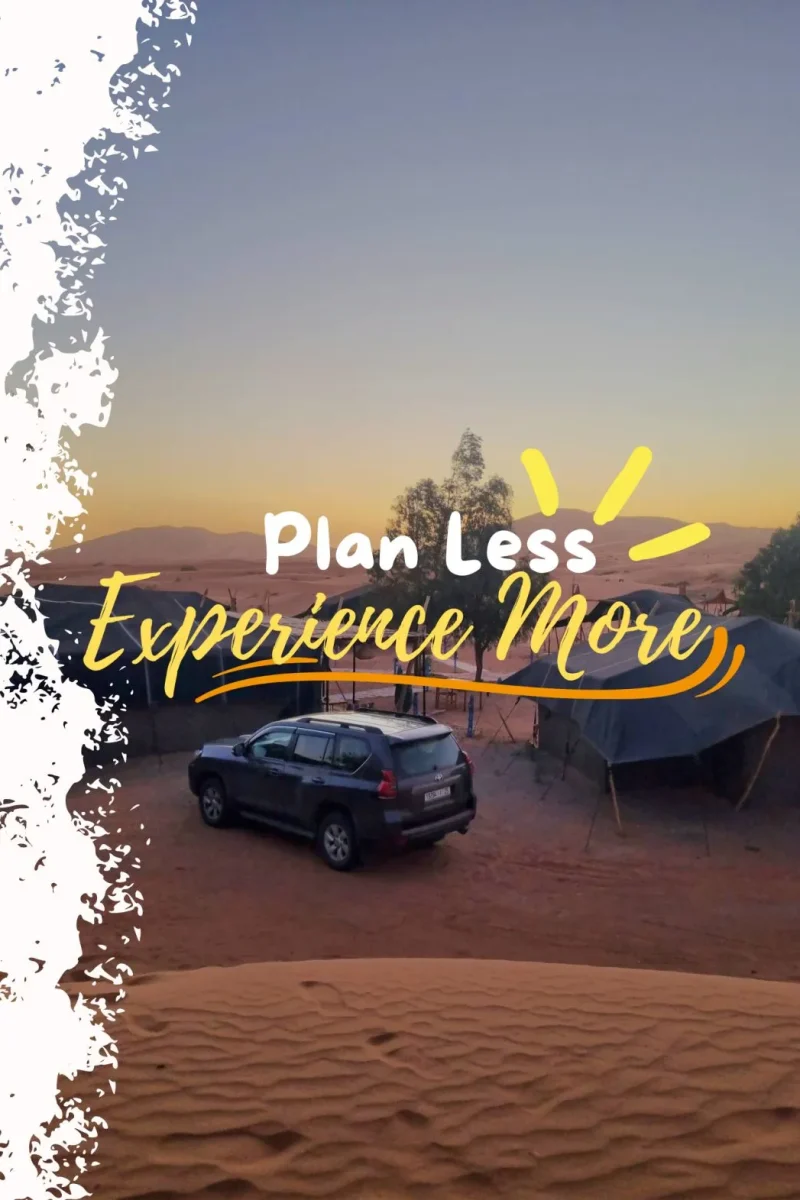
At Morocco Family Vacation, we create custom Morocco tour packages designed around your interests and travel style. As a dedicated and independent travel agency, we specialize in private Morocco tours offering memorable desert adventures, cultural experiences, and family friendly itineraries while delivering attentive, personalized service from start to finish.
Popular Tours
Latest Posts
get in touch
#Morocco alcohol laws
#Drinking in Morocco
#Cultural etiquette Morocco
#Morocco nightlife
#Local beer Morocco
